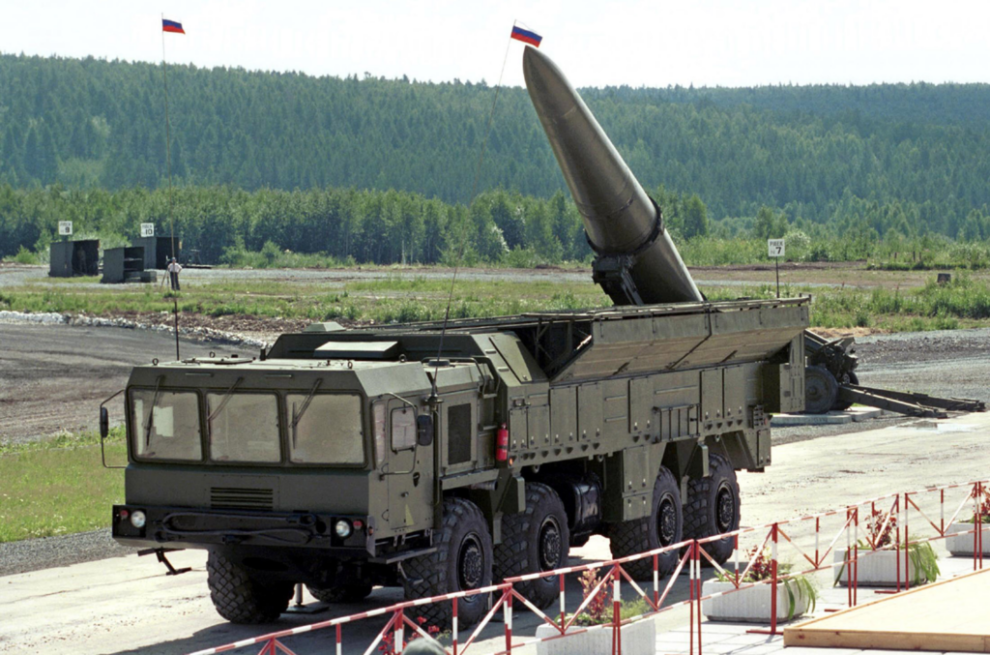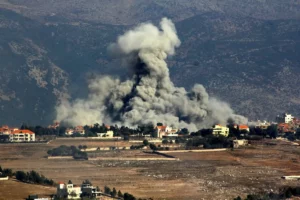Russia may be involved in the development of North Korea’s latest intercontinental ballistic missile that uses solid propellant.
North Korea’s latest Hwasong-18 ICBM – its first ICBM to use solid propellant – has sparked new debate over Russia’s possible role in the development of a nuclear-weapon state’s missiles.
For example, in a report published by the Washington-based Center for Strategic and International Studies, MIT professor Theodore Postol argued that the Hwasong-18 intercontinental ballistic missile is likely the result of technical cooperation with Russia.
The Hwasong-18 was reportedly tested twice, including on July 12, making it the longest flight in the history of a North Korean missile test.
“The sudden appearance of these advanced capabilities is difficult to explain without the cooperation of the Russian government and its scientists,” Postol wrote, noting that the visual similarity may indicate that the Russians have decided to transfer an advanced 50-ton solid-propellant Topol-M ICBM to North Korea. “.
At the same time, some analysts questioned Postol’s report.
Researchers at the Center for Nonproliferation Studies (CNS) note that the Hwasong-18 clearly draws design inspiration from Russian missiles, in this case the Topol-M and Yars, as do many other North Korean missiles.
“We do not exclude the possibility that Russian organizations could help North Korea develop this system,” their report says.
However, they added that a close examination of the images, videos and characteristics of the missile shows clear differences that rule out the possibility that Russia has transferred a complete system of intercontinental ballistic missiles.
They believe that some of the Hwasong-18 systems actually look more like Chinese weapons, and the DPRK has been publicly developing solid-propellant missiles since at least 2017.
North Korean ballistic missile launch
On July 12, the DPRK conducted the second test launch of the Hwasong-18 intercontinental ballistic missile with a solid fuel engine. She flew 1001 km in 4491 seconds at a maximum altitude of 6648 km and fell into the Sea of Japan.
At the same time, North Korea recently announced that it was preparing for various military provocations , including the launch of an intercontinental ballistic missile due to a trilateral summit between South Korea, the United States and Japan.
Source : RBC

















Add Comment